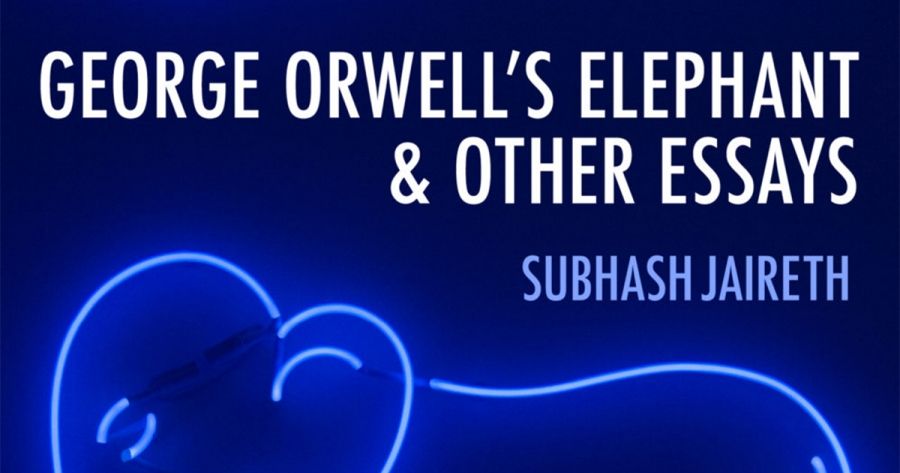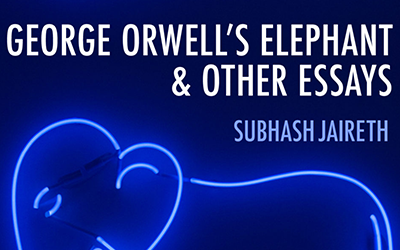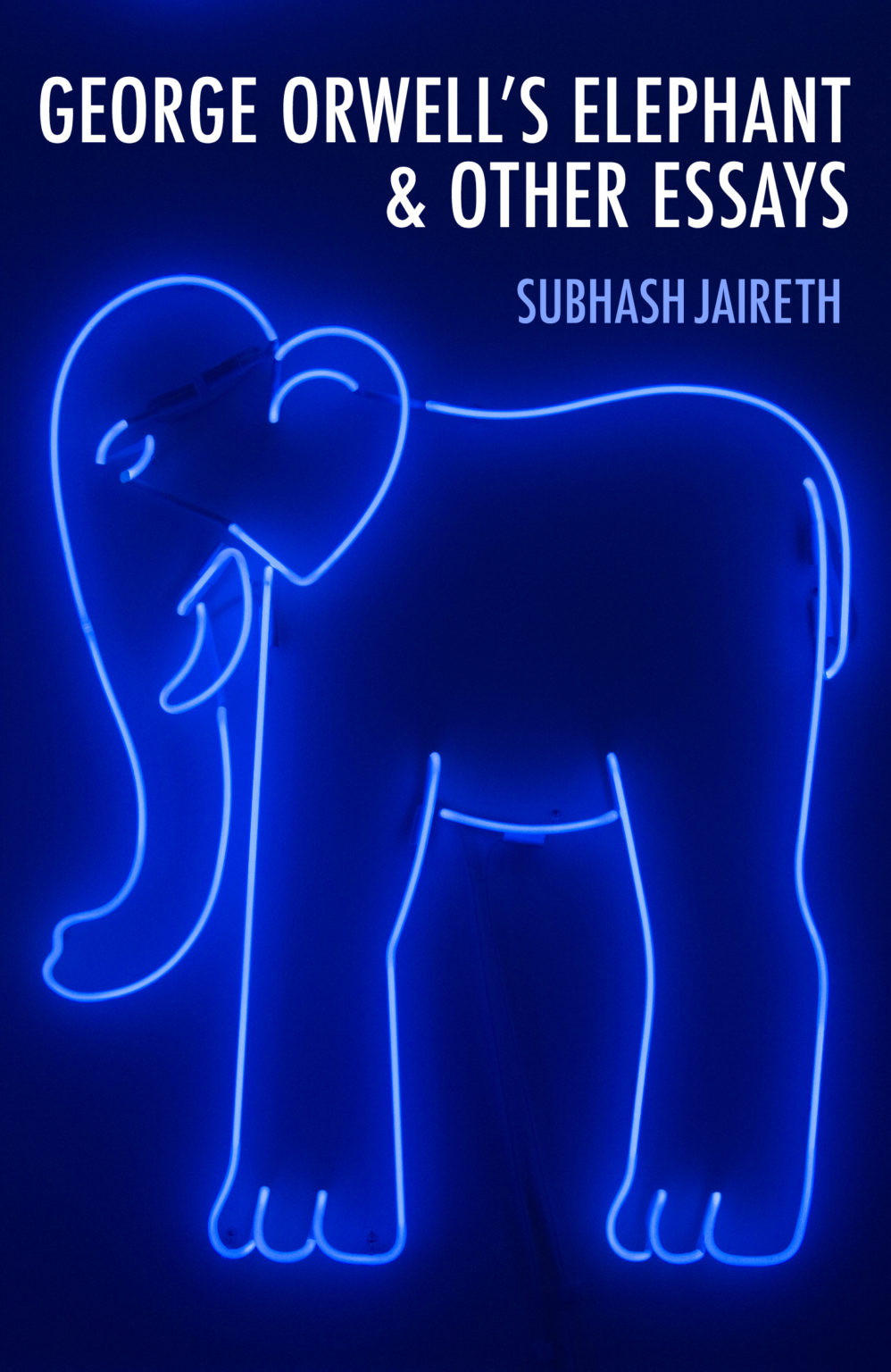
- Free Article: No
- Contents Category: Essay Collection
- Review Article: Yes
- Article Title: Bridge over nothing
- Article Subtitle: Reflections of an understated narrator
- Online Only: No
- Custom Highlight Text:
On the second page of this book are startling facts about Malawi. In the 1980s and 1990s, this country of around ten million people sheltered more than a million refugees, many of them having fled civil war in Mozambique. Malawians, already suffering the crippling effects of poverty and poor health, provided safe haven to waves of displaced and desperate people coming across their border. Perhaps this succour was not always offered happily, but what mattered is that it was offered. Melinda Ham’s placing of this example so early in her book is surely deliberate. With thoughts of Malawian tolerance and generosity echoing through the text, she forces the reader into making unsettling comparisons with recent Australian responses to refugees.
- Featured Image (400px * 250px):

- Alt Tag (Featured Image): Theodore Ell reviews ‘George Orwell’s Elephant and Other Essays’ by Subhash Jeireth
- Book 1 Title: George Orwell’s Elephant and Other Essays
- Book 1 Biblio: Gazebo Books, $29.99 pb, 318 pp
- Book 1 Cover Small (400 x 600):

- Book 1 Cover (800 x 1200):

The key to understanding Jaireth’s outlook is the essay ‘Like a Stranger in Delhi’, concerning a visit to his boyhood home city after years away. Jaireth is unprepared for the changes that have all but swept away the Delhi he knew. Even a guidebook map proves confusing. The map ‘looks like a city’ but, Jaireth admits, ‘it does not match the geography I see in front of my eyes’. Nothing is as memory claims it should be, but then memory is hardly reliable. Just as Jaireth’s boyhood house has been demolished and erased from his imagined picture of the city, so he finds he cannot recall the face of an aunt who was with him at an otherwise vividly recalled moment, watching a military parade past the India Gate in Delhi. The monument still exists, but Jaireth’s connection to the place has vanished. ‘Cities live in us,’ Jaireth asserts in his essay on the architectural splendour of the Moscow metro and its uneasy status as a legacy of Stalin’s terror, but the essay on Delhi strikes the truer note, in recognising the ‘fissures’ that separate the author from his own experience, possibly even from parts of his soul. In all these contradictions, an imagined topography – ‘imagined, not imaginary,’ Jaireth cautions – offers uncertain solace. For all the surprises and delights Jaireth records in describing his wanderings, he admits to feeling a ‘wearied foreigner’.
This realisation arises gently and unprompted amid reflections on artists who fell victim to Stalin, even as the glorious Moscow metro was constructed beneath their homes. Slipped in seemingly casually in the essay that dwells the least on Jaireth’s own life, it makes this scene one of the most affecting moments in the book, parts of which can feel laboured, as drawn-out recitations of facts and ruminations on abstract concepts let the emotional current drift off. There are many long quotations from historical and literary works which, however pertinent to the geographies in question, Jaireth does not always connect persuasively to his own storytelling, and which distract from his own voice. Jaireth is an understated narrator who makes his most compelling points either indirectly via the raising of suspicion, or at moments when, as in Moscow, voicing a suspicion outright is the last thing we expect. Many of the essays would have benefited from pruning, to bring these expository techniques into sharper relief.
Jaireth’s indirect style, at its best, ideally suits the unsettling, historically unfixed and often seemingly haunted places through which his memory moves. The essay which most intriguingly balances historical curiosity with personal experience is ‘The Dead Bridge of Sunil Sandhani’. The strange sight of a bridge in 1970s Leningrad that appears to cross nothing, since the canal beneath it has been filled in, becomes eerily paired in Jaireth’s mind with a mysterious chill that came over a friendship between himself, his Moscow roommate Sunil, and art student Olga. Jaireth ruminates over memories of Olga showing him and Sunil bridges in Leningrad, stories Sunil told of being born beneath a bridge during India and Pakistan’s partition in 1947, and records of British colonial bridges elsewhere in India. The more the images of bridges insist on being recalled, the more the narrative avoids admitting connections between them – and so it becomes disturbingly apparent that, on or near that Leningrad bridge, something unmentionable must have happened to darken those carefree days. Here, until the last moment, memory itself seems a bridge to nowhere.
Given Jaireth’s eye for potent detail, it is strange that the essay on George Orwell, the first in the book, should stumble over factual errors in its earliest passages. Orwell’s real middle name was Arthur, not Edward, as Jaireth has it, and there is an inexplicable claim that there are no goats in Animal Farm, when that work does feature a goat who shares her name with Orwell’s own goat, Muriel – and Jaireth mentions the real Muriel twice. Jaireth offers a cogent rereading of Orwell’s ‘Shooting an Elephant’ from the point of view of the colonised Burmese, but he predicates it on his own admiration for Orwell’s commitment to accuracy and truth, a position such basic errors rather undermine. Slip-ups in drafting, perhaps, but it is regrettable they were not spotted in editing. Jaireth’s writing is the product of an erudite mind shaped by uncommon experience, and his work deserves more attentive handling.


Comments powered by CComment